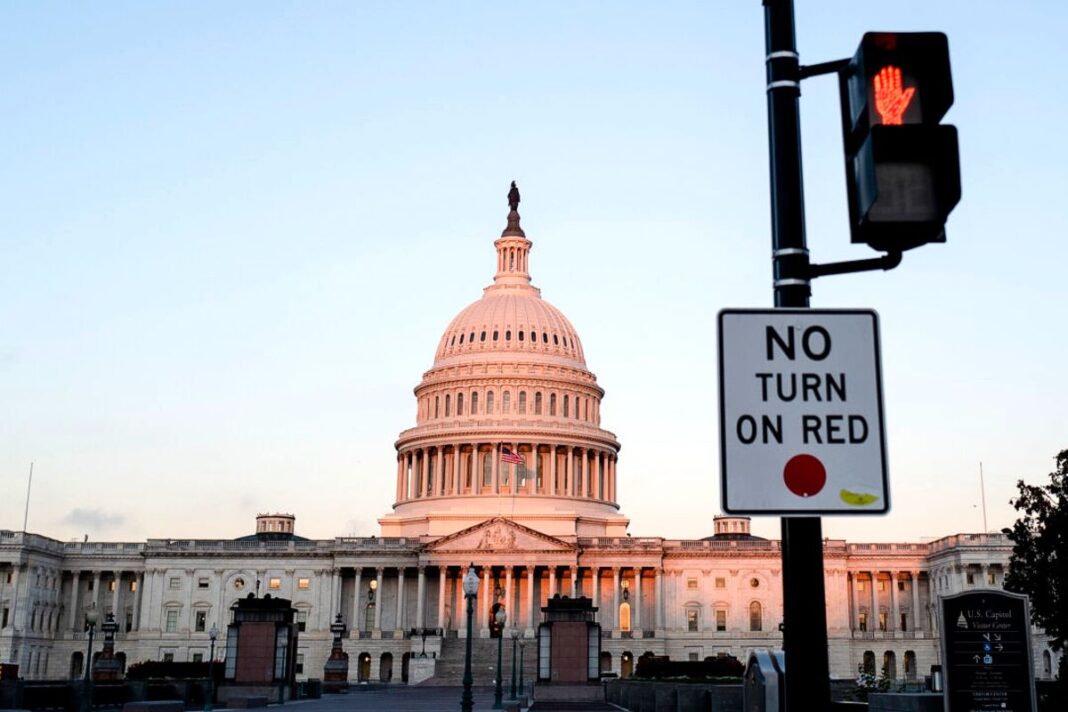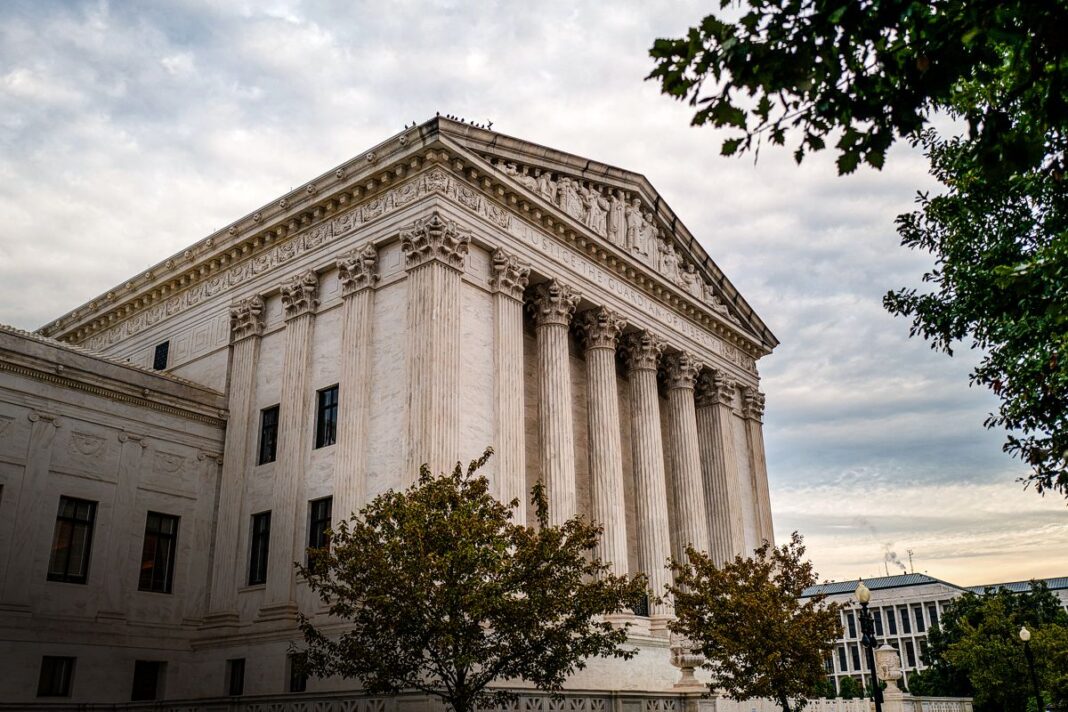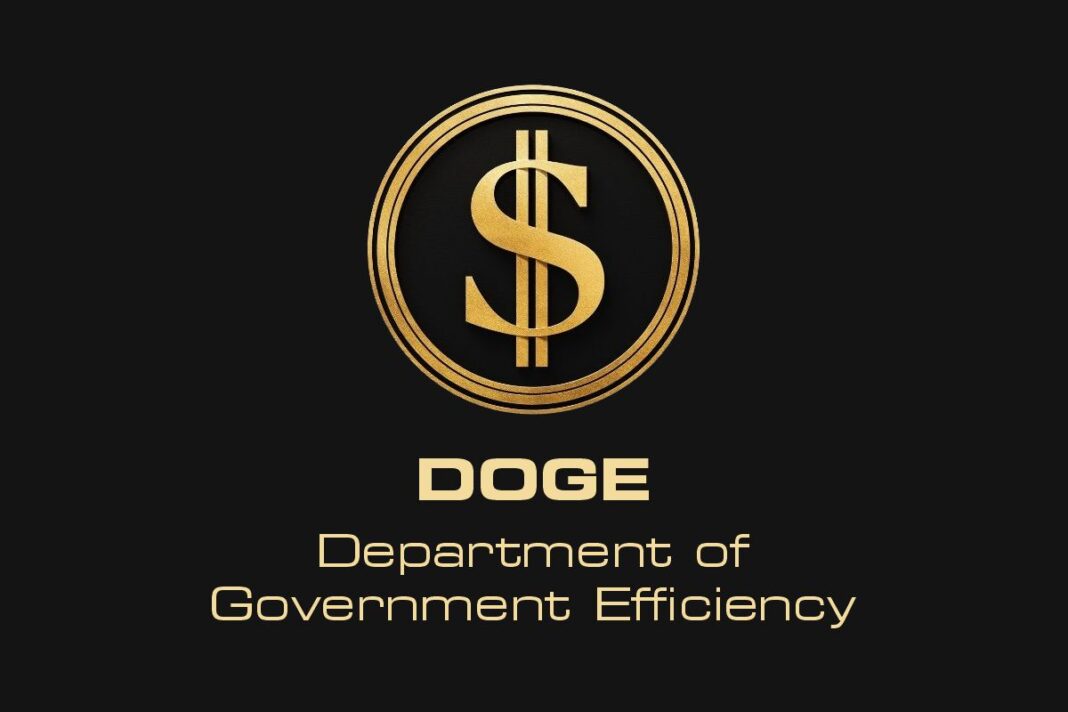A series of discussions and votes over the past week have failed to produce a government funding deal that both sides support.
The Senate again rejected two competing party bills to fund the government on the evening of Oct. 6 as a shutdown standoff between the two major parties nears its seventh day.
The upper chamber voted down the Democrats’ government funding bill, which would alter health care provisions changed by the One Big Beautiful Bill Act, in a 45–50 vote. Republicans’ “clean” funding extension also failed again in a 52–42 vote.
The ongoing shutdown began at 12:01 a.m. EDT on Oct. 1, after Republicans and Democrats were unable to reach an agreement to keep the government open. Despite taking several votes on competing funding options over the past week, neither side has garnered enough support for its proposal.
The bill put forward by Republicans, which has the backing of Senate Majority Leader John Thune (R-S.D.) and President Donald Trump, is considered a “clean” funding extension, describing a bill without partisan attachments or other bill riders.
The Democrats’ bill calls for reversing up to $1 trillion in Medicaid cuts enacted under the One Big Beautiful Bill Act, as well as an extension of Affordable Care Act (ACA) insurance subsidies that are set to expire at the end of this year.
Republicans have repeatedly described these demands as a nonstarter, although Trump suggested to reporters on Oct. 6 that he may be open to discussions on ACA subsidies, saying “some very good things” could happen.
Specifically, Trump indicated that he would be open to making a deal on the issue, but he also cited some Republicans’ concerns that the subsidies waste “billions and billions” of dollars.
“We are speaking with the Democrats,” Trump said.
Both parties’ bills would extend funding for several weeks, punting the deadline to November as lawmakers continue work on 12 obligatory funding bills for various sectors of the government.
However, because of the Senate rules, Republicans need 60 votes to pass the bill, which means that at least seven Democrats would need to agree.
The results of the Oct. 6 vote on government funding suggest that little has changed since an Oct. 3 vote on both parties’ proposals, which failed.
By Joseph Lord and Ryan Morgan








